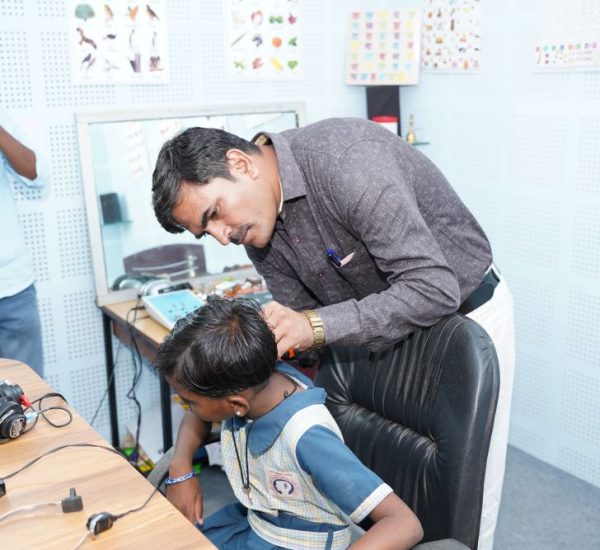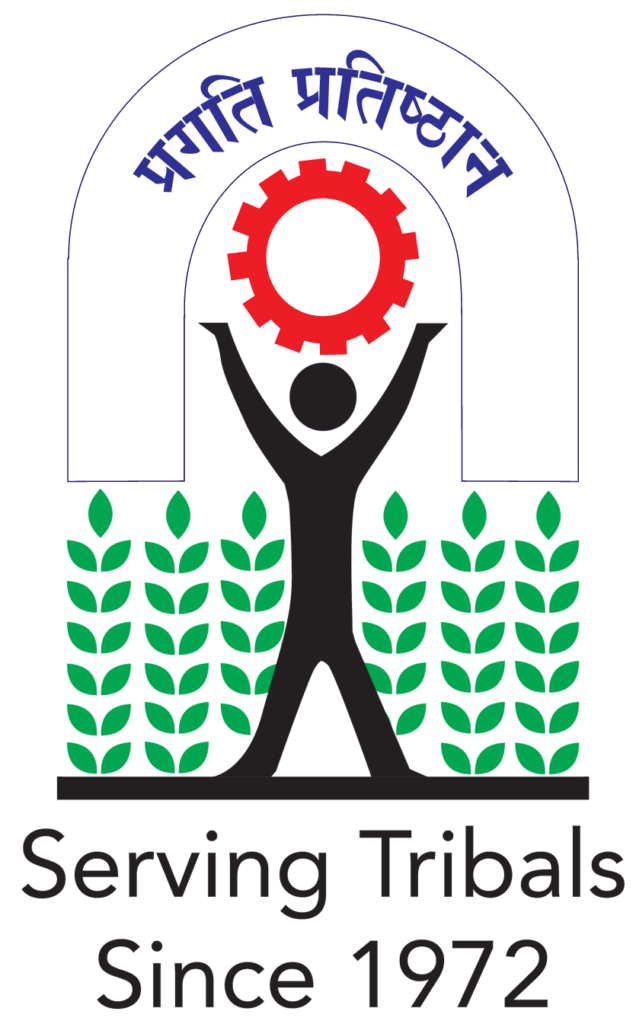The Challenge

The Problems
The Challenge
Pragati Pratishthan confronts multifaceted challenges in its mission to uplift tribal communities. These include pervasive health disparities marked by malnutrition and inadequate healthcare access, compounded by limited infrastructure and resources. Addressing water scarcity remains paramount, as rural women endure arduous journeys for clean water. Agricultural sustainability is hindered by
traditional practices and erratic weather patterns, while unemployment persists despite the organization’s efforts in skill development. Additionally, educational barriers persist, particularly for hearing-impaired children in remote areas. Despite these challenges, Pragati Pratishthan remains resolute in its commitment to overcoming obstacles and fostering lasting change.
Water Management
Water management poses a critical challenge for Pragati Pratishthan as rural communities grapple with limited access to clean water sources. Remote tribal areas face acute scarcity, compelling women to undertake arduous journeys for basic water needs. Moreover, erratic rainfall patterns exacerbate the situation, threatening agricultural livelihoods and food security. The organization’s efforts to implement piped water systems have made strides, yet the scale of demand outpaces current infrastructure. Addressing these challenges necessitates innovative solutions and sustainable practices to ensure equitable access to water resources for all.
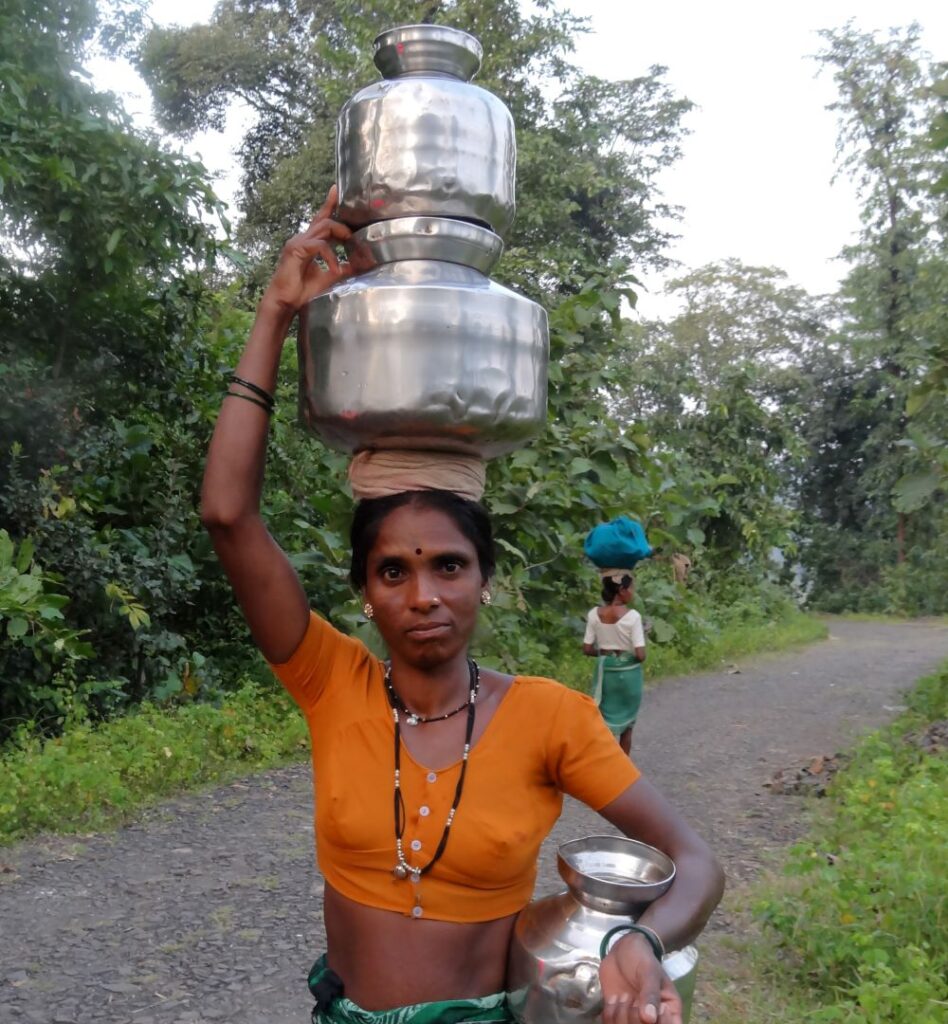
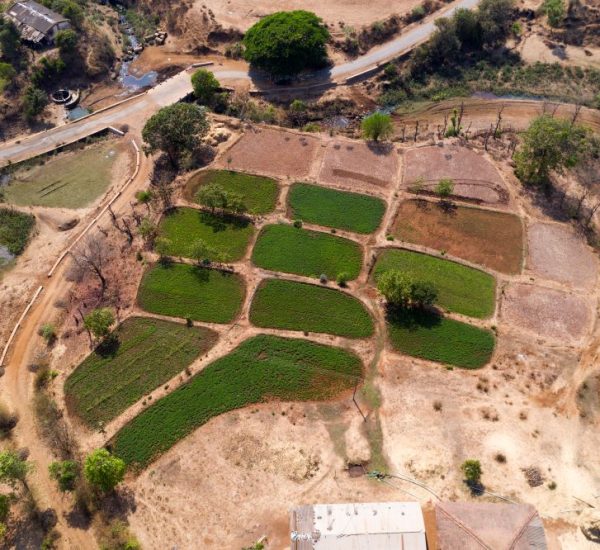
Agricultural Development
Agricultural development presents a complex challenge for Pragati Pratishthan as traditional farming methods and erratic weather patterns hinder productivity. Limited water availability poses a significant obstacle, necessitating sustainable water management solutions to ensure year-round cultivation. Additionally, the lack of modern farming techniques and market access inhibits farmers’ income potential, contributing to rural unemployment and migration. While the organization has made strides with dam constructions and crop diversification, long-term sustainability remains a pressing concern. Overcoming these challenges requires holistic approaches that empower farmers with knowledge, resources, and market linkages to thrive in a changing agricultural landscape
Education
Educational challenges persist in the tribal regions served by Pragati Pratishthan, characterized by limited access to quality schooling and pervasive educational disparities. Remote locations and lack of infrastructure impede children’s access to formal education, with hearing-impaired children facing additional barriers. Moreover, the dearth of vocational training opportunities limits prospects for skill development and employment. Despite the organization’s efforts in establishing residential schools and vocational workshops, the gap in educational attainment persists, hindering socio-economic advancement. Addressing these challenges requires comprehensive strategies that prioritize inclusive education, vocational training, and community engagement to empower future generations.
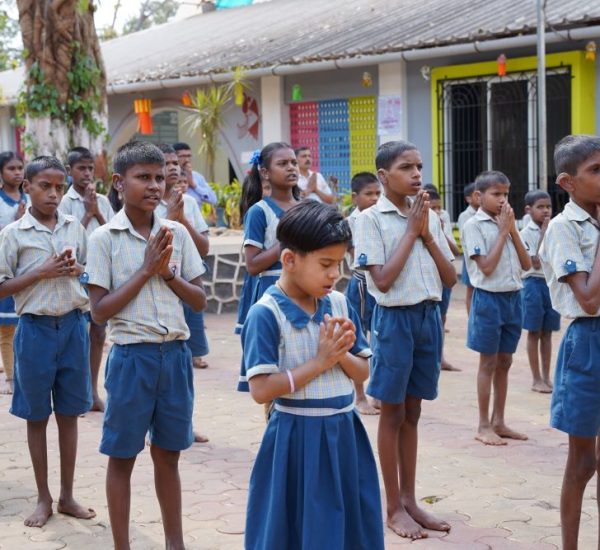
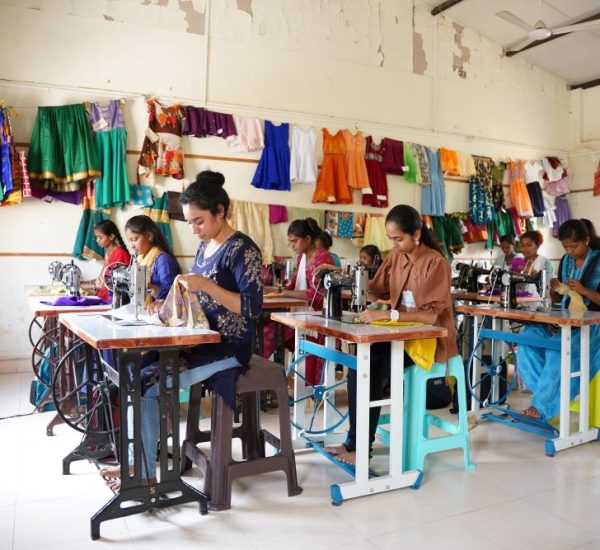
Skill Development
Skill development in tribal areas poses a significant challenge for Pragati Pratishthan, marked by limited access to vocational training and economic opportunities. Despite efforts to establish skill development centers, logistical barriers and resource constraints hinder widespread participation. Additionally, traditional livelihoods and lack of market access limit avenues for skill utilization and income generation. Moreover, societal stigmas and cultural norms may deter marginalized groups, such as tribal youth and differently-abled individuals, from pursuing skill-building initiatives. Overcoming these challenges requires tailored programs, community partnerships, and inclusive approaches that empower individuals with market-relevant skills and foster economic self-sufficiency.
Human Resources
Pragati Pratishthan faces human resource challenges amidst its noble mission, characterized by the need for dedicated professionals in remote tribal areas. Recruiting and retaining qualified personnel, especially healthcare providers and educators, proves challenging due to the geographical isolation and limited infrastructure. Additionally, ensuring the commitment and capacity of staff to navigate diverse community needs and cultural sensitivities presents ongoing hurdles. Moreover, the demand for skilled professionals in areas such as agriculture and vocational training outstrips the available workforce, hindering program scalability and impact. Addressing these challenges necessitates innovative recruitment strategies, capacity-building initiatives, and collaborative partnerships to harness local talent and drive sustainable development.
